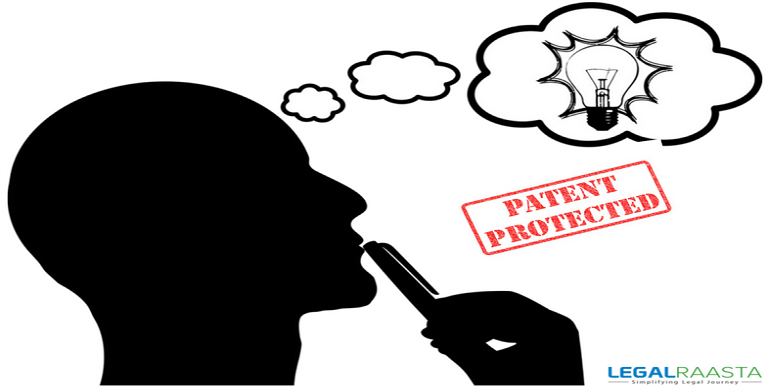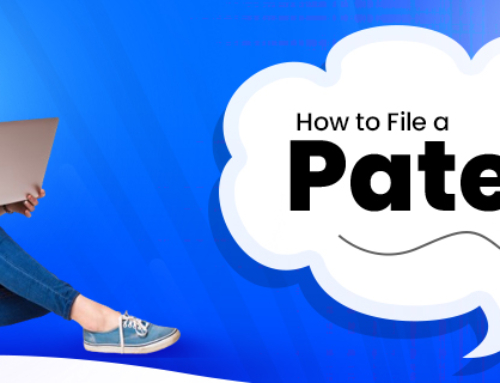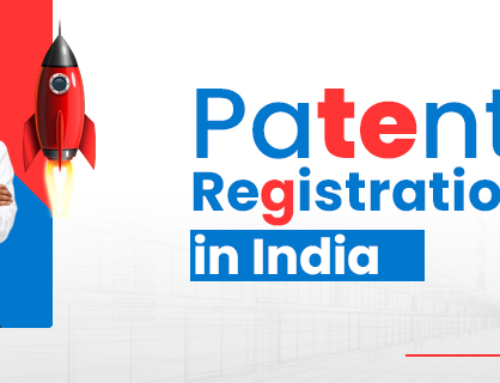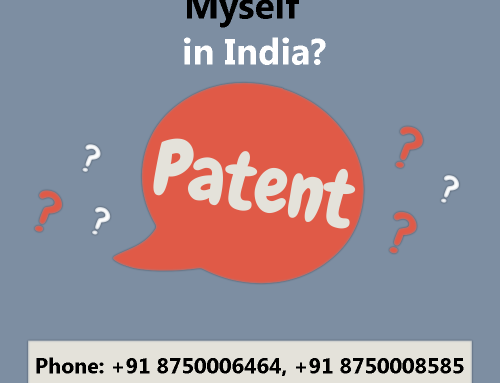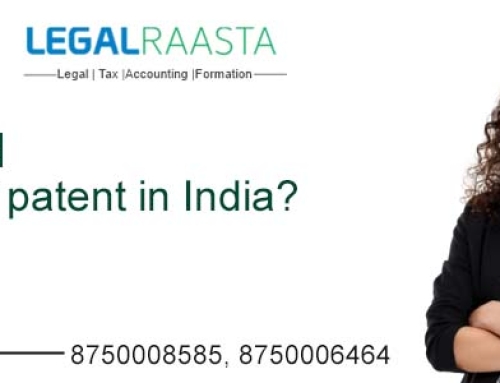The patent is a word used randomly when talking about rights possessed by an authorized company.
Words used in the place of the patent can be copyright, license, legal protection, charter, franchise, registered trademark and such more. Basically, conferring a right or title for a set period, especially the sole right to exclude others from using at selling an invention without any permission can be defined as ‘Patent’.
A Patent is an exclusive monopoly grant by the government of an inventor over his invention for a limited period of time.
The word ‘Patent’ originates from the Latin ‘patere’, which means ‘to lay open’ which was a royal decree granting exclusive rights to a person, the precursor to the modern patent system.
In day-to-day usage, the term “Patent” usually refers to the right granted to anyone who invents any patentable new, useful and non- obvious process, M/C, article of manufacture, or composition of matter not being an admixture.
Some other types of intellectual property rights are also called patents in some jurisdictions- industrial design rights are called design patents in the U.S., plant breeders rights are sometimes called plant patents.
Before proceeding towards how to get patent protection in India, it is necessary to know foremost about it what can or can’t be Patented?
So, here it is mentioned in brief regarding invention which can be patented: –
Contents
1:) Novel
2:)Non-Obvious
3:)Capable of Industrial Application
4:)Must not be declared as non-patentable under the patent Act.
What can’t be patented?
1:) Any Artistic Creation
2:) Mathematical Methods
3:) Business Schemes
4:) Anything against universal law.
Following are the steps that must be followed by an individual going to obtain/acquire patent protection in India: –
Step 1-))
Restrict your invention details to such as: –
a:) Topic/Concept of Invention.
b:) Materials Required and its Working.
c:) Future Pros and Cons of Invention.
Step 2-))
It includes working on your invention showing a diagrammatic representation of your concept on paper. It is done with the thought to provide visual illustrations whom you will acquire a patent.
Step -3))
The invention can or can’t be patented. So this is checked in this process unanimously. There are some inventions which can’t be patentable. Such have been described earlier in detail already.
Step -4))
File an application for patent….
With one of the patent offices in Delhi, Mumbai, Chennai and Kolkata based on the territorial jurisdiction of the place of office or residence of the applicant/agent.
Pay the required fee
Step -5))
Formality Check…
An Examiner checks the formal requirements before accepting the application and the fee.
Issue application no. and cash receipt. which is done the same day.
In the case of receipt of the application by post, cash receipt, the app no. is sent by post within 2-3 days.
Step -6))
Publication…
The application is kept secret and therefore cannot be published for a period of 18 months from the date of filing.
In the 19th month, the application is published in the office journal-this journal is made available on the website weekly.
Applicant has an option to get this application published before 18 Months also.
Step -7))
Request for Examination….
A Patent Application is examined on request.
Examination request can be made either by the applicant or by a 3rd party.
A period of 48 months, from the date of filing, is available for making a request for examination.
Step 8-))
Examination…
App. is sent to an examination within one month for the date of the request for examination.
Step 9-))
The issue of FER: –
A period of one to three months is available to the examiner to submit the report to the controller.
1 month’s time available to the controller to the examiner’s report.
Consideration of Pre-Grant objection: –
After examining the objection and the submissions made during the hearing, the controller may either reject the objection and grant the patent or accept the objection and modify/reject the patent application. This is to be completed within a period of 1 month from the date of completion of objection proceedings.
Step 10-))
Grant of a Patent….
A certificate of the patent is issued within 7 days.
Grant of the patent is published in the official journal.
Conclusion: –
After receiving your patents for your invention, you will be benefitted at a large. By acquiring it, you own the invention for a given period of time (20 years). You can use it to build a business in future too. You can keep other companies to keep an eye on your concept or creation and can also put them away from being sold, offered or imported in your country. Meanwhile, you can also completely sell the patent to other company by charging a high amount for your invention. Thus, businesses and investors enjoy a good advantage by possessing their own patent rights.
If you face any kind of difficulty to Register Patent in India, you can get in touch with experts at LegalRaasta.

